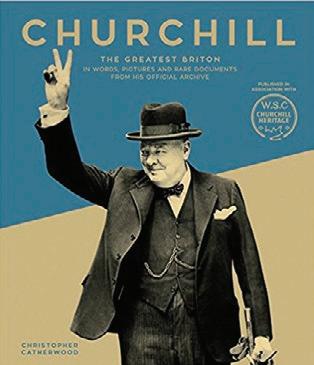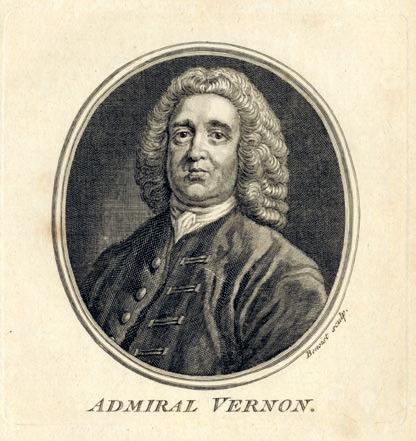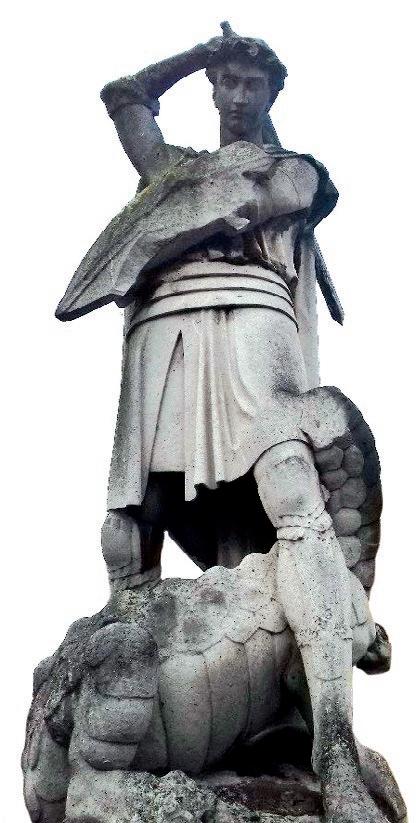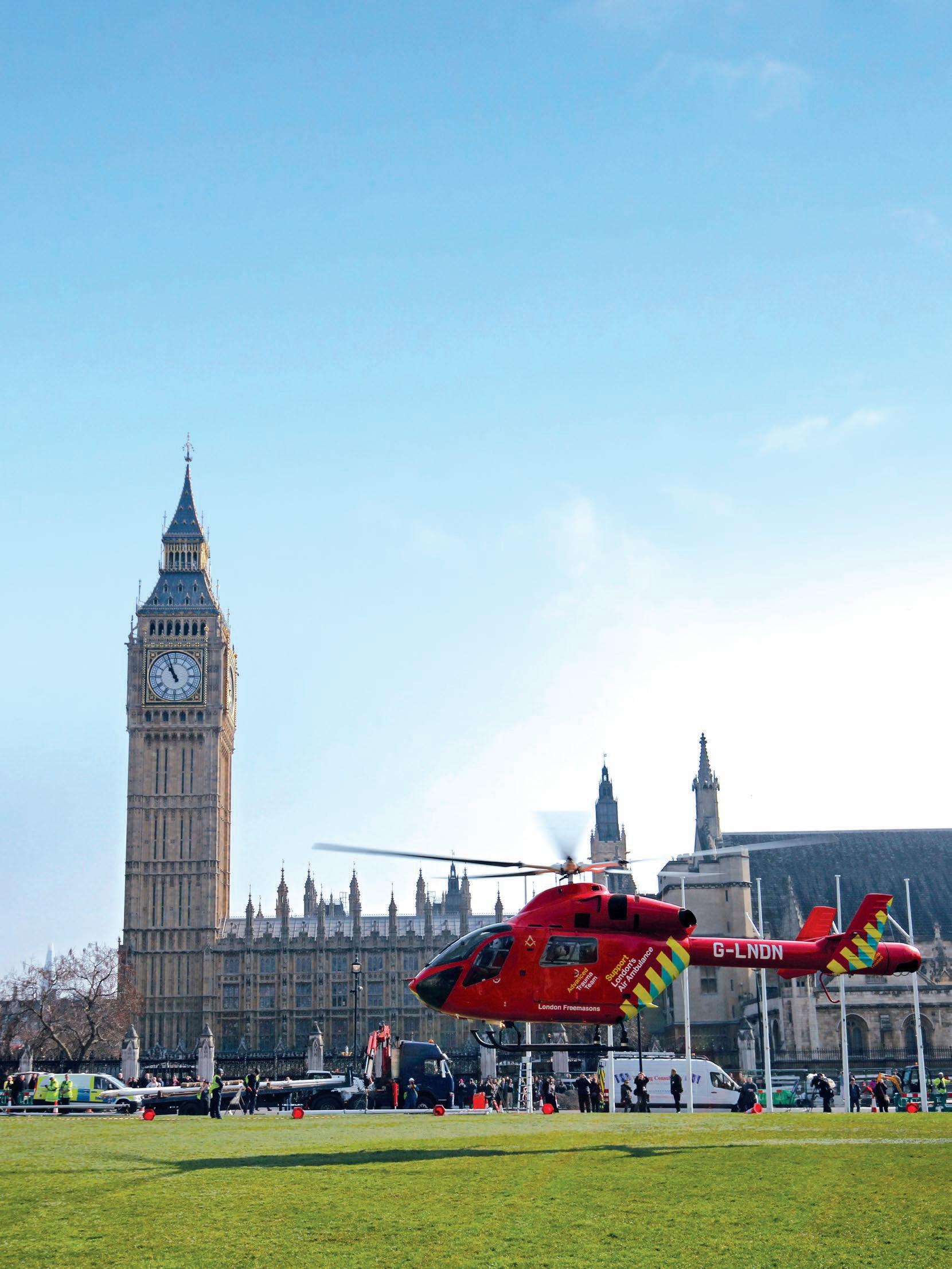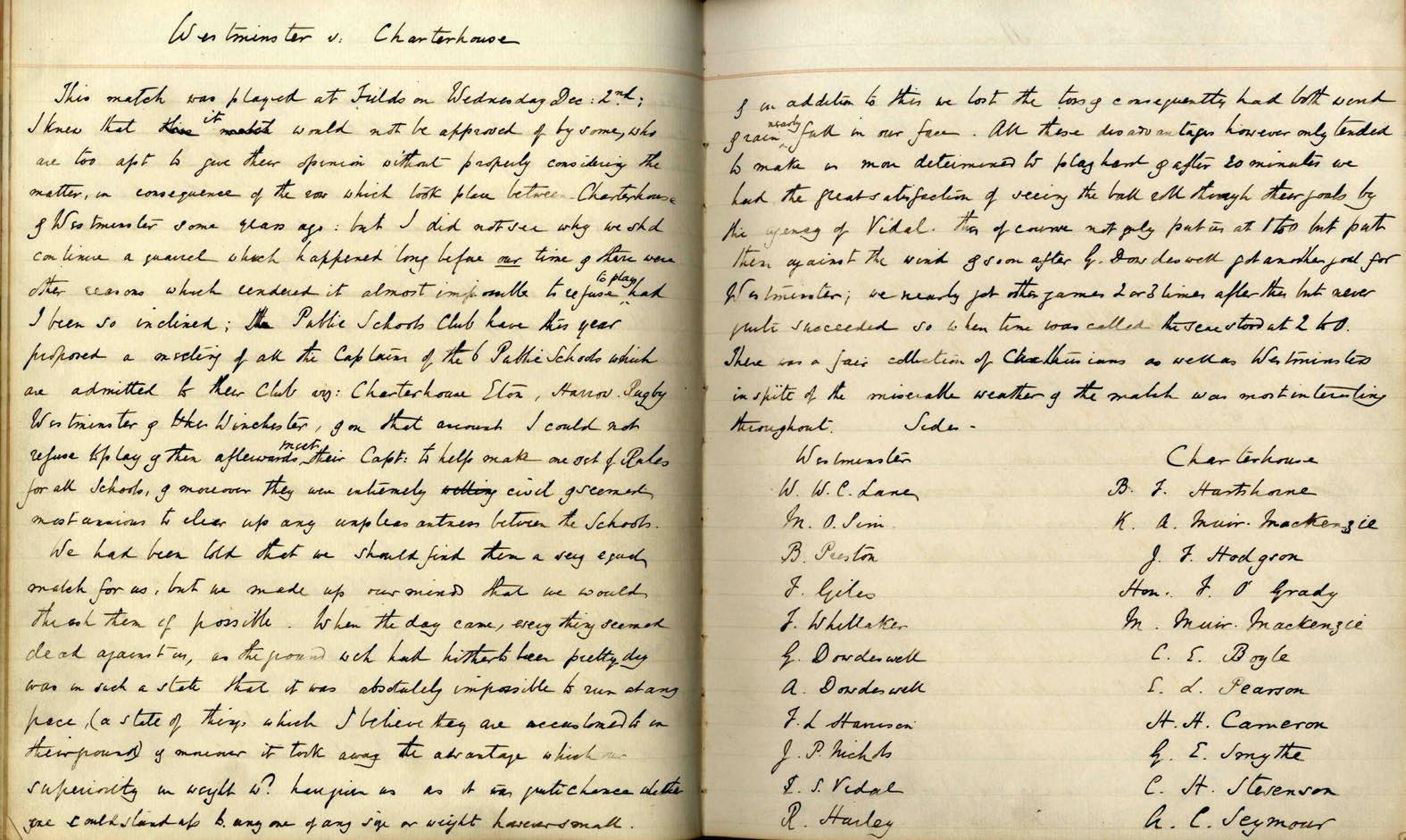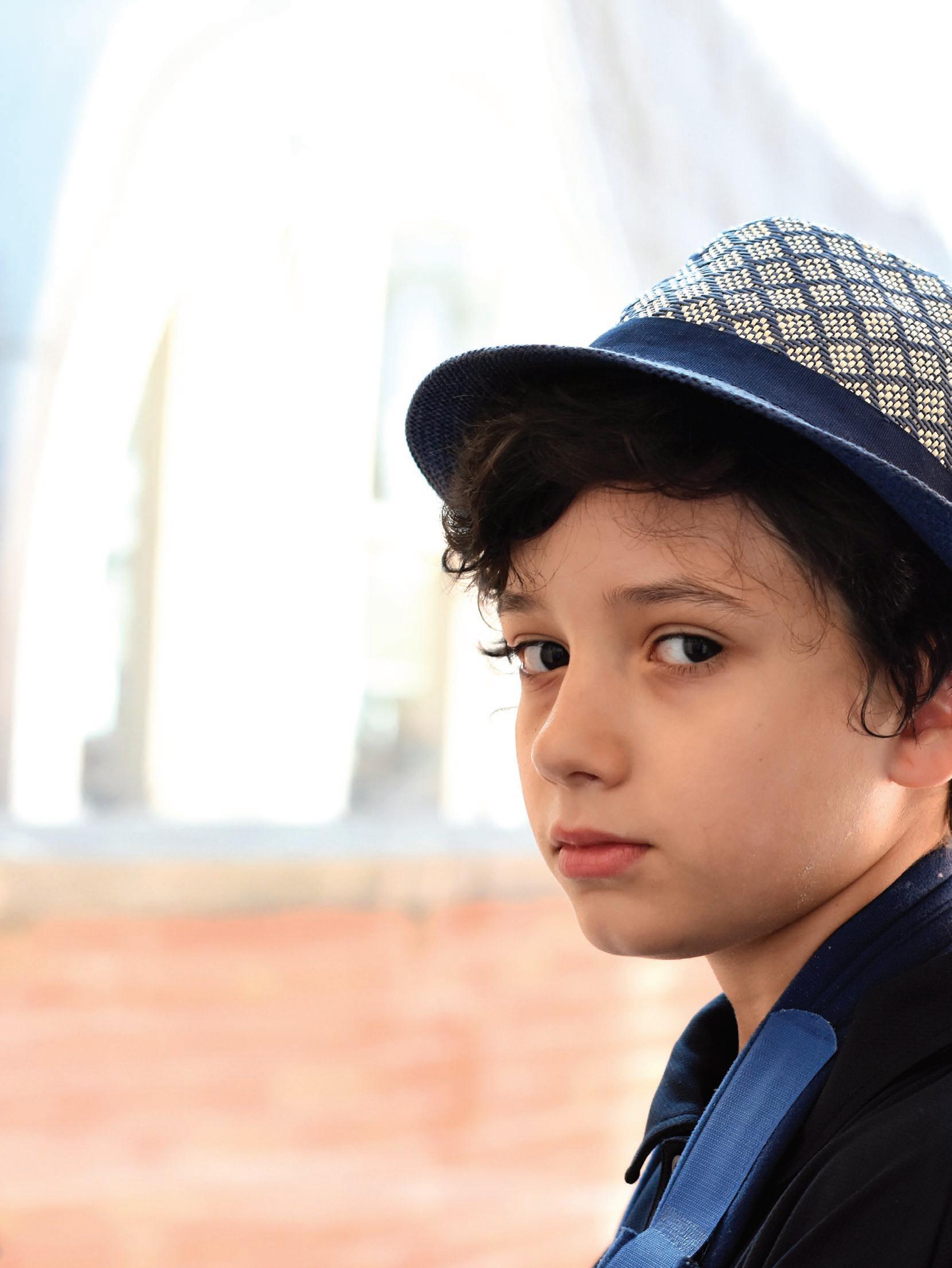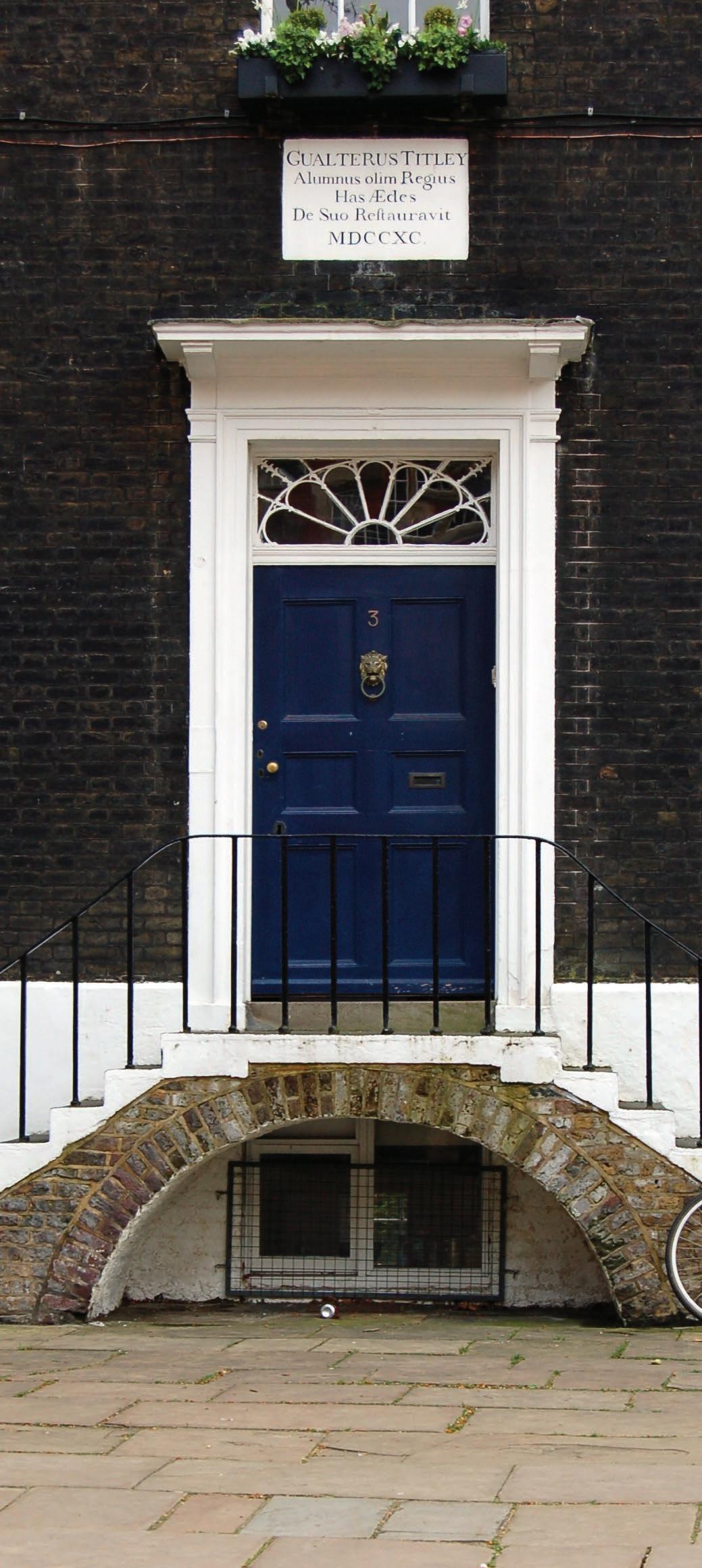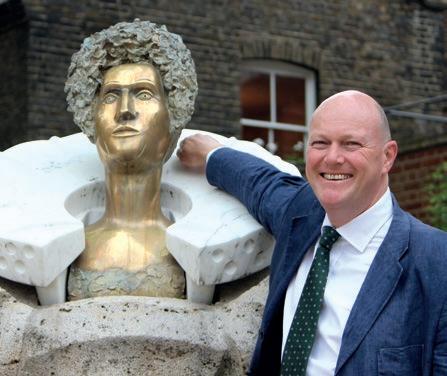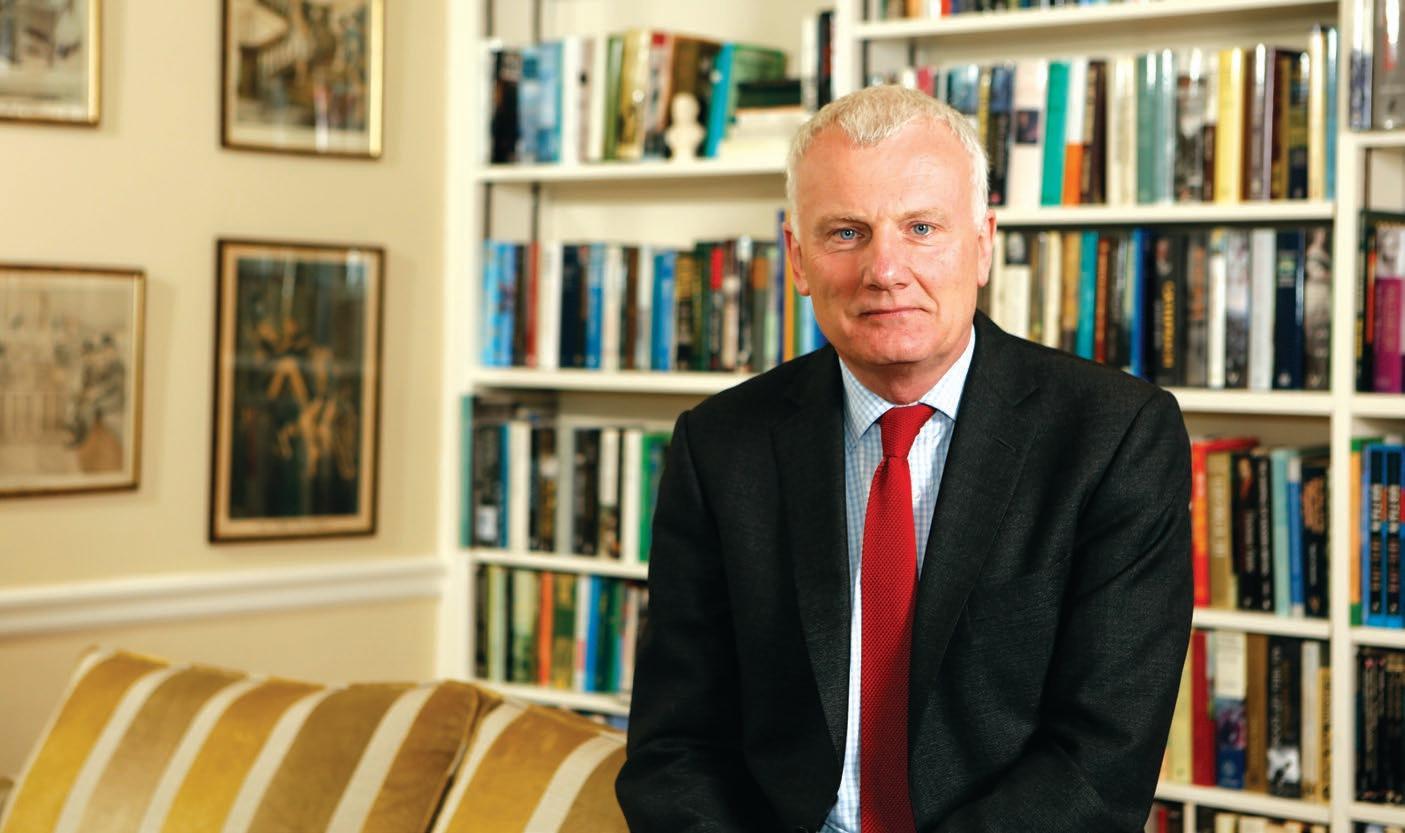Q &A Richard Pyatt – With Gratitude Richard Pyatt, teacher, Head of English (1996-2006; 2009-2013), President of the Common Room (2000-2003; 2015-2017), much loved colleague and friend, retires this summer after 32 years at Westminster. Here, with the present Head of English, Abigail Farr, he reflects on his time at the School.
Richard, can you describe yourself as you were when you first arrived at Westminster? Westminster felt very much like being back at Oxford, but on better terms – a very exciting college, and in London! Having spent my early adult life in Oxford, then commuting to High Wycombe for my first teaching job, I was thrilled finally to have made it to the capital. I shared a big basement flat with friends in Clapham South and I quickly got to know everyone in the School community. It was like one big academic party. After my first Election Dinner in 1988 I was bombarded with holiday invitations. I was full of the buzz all the time.
16
The Elizabethan Newsletter
What was the English department like in those days? Some teachers had been there since the 1960s. I was interviewed by David Edwards (Westminster 1975-2016). When I said I liked poems because they fitted conveniently into a single lesson, he replied, “What about Paradise Lost?” We spent a good part of the interview chuckling. I was appointed with Michael Mulligan and Charlotte Moore; we quickly became pals. Gavin Griffiths also remains a great chum – brilliant, mischievous and probably pretty suspicious about the new bugs who were all younger than him. We were helped by having the Head Master, David Summerscale, in the department; a huge literary enthusiast and a great support to me when I became head of English in 1996. The department indulged in great debates and arguments over authors, texts, critical schools and ideologies. Sometimes these could become heated. I can remember, at different times, keys being thrown at a dissenting colleague during a meeting and at another time a banana. I chaired one such debate between John Field, a Westminster legend in his own right who argued for a more traditional approach to literature, and the young
firebrand Michael Mulligan who was probably more of a Marxist poststructuralist. Usually our discussions would spill out into pubs that no longer exist, like The Old Rose and The Paviours. We lived and breathed literature and the pupils were huge contributors to and participants to that culture, as they are today. What have you most enjoyed teaching? The freedom and opportunity to work with such a wide variety of texts and authors over the years has been wonderful. When you teach the work of an author it often seems as though he or she is present in the room. Larkin has remained with me throughout the years. Hardy, Dickens – especially Great Expectations: I can see Pip in my younger self, and, perhaps now, the Mayor of Casterbridge! The Tempest was very much a touchstone and the Romantic poets; King Lear stumbled through hundreds of lessons and Hamlet has died many times. Novels could burn brightly and then not make an appearance again for decades, such as Muriel Spark’s, The Girls of Slender Means. I had to stop teaching Persuasion because my copy crumbled away – and I have always loved ‘going in with a poem’.


